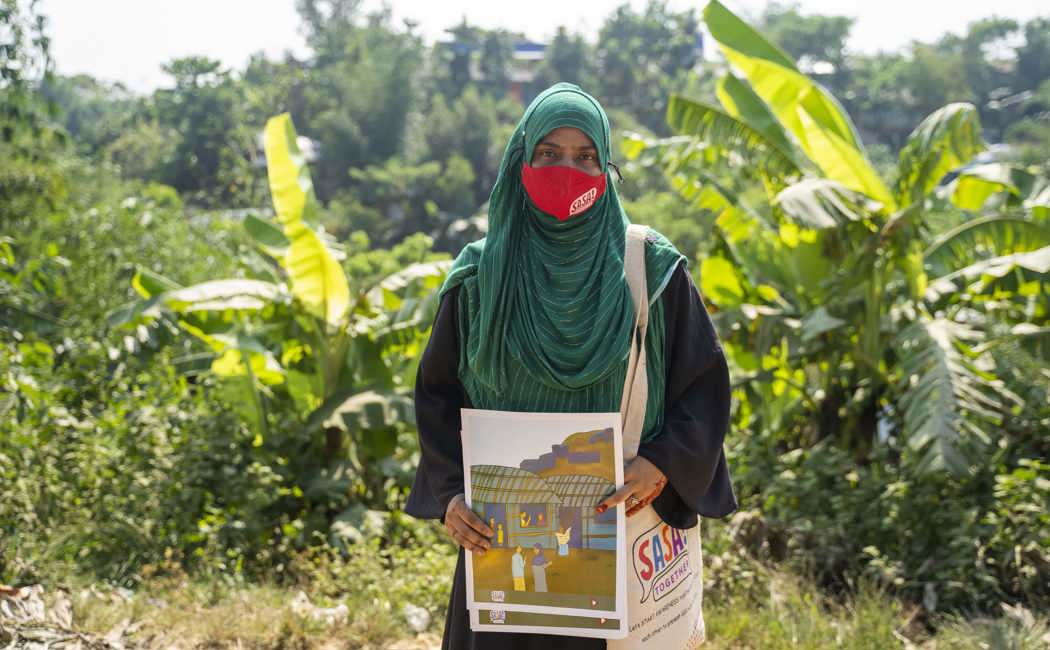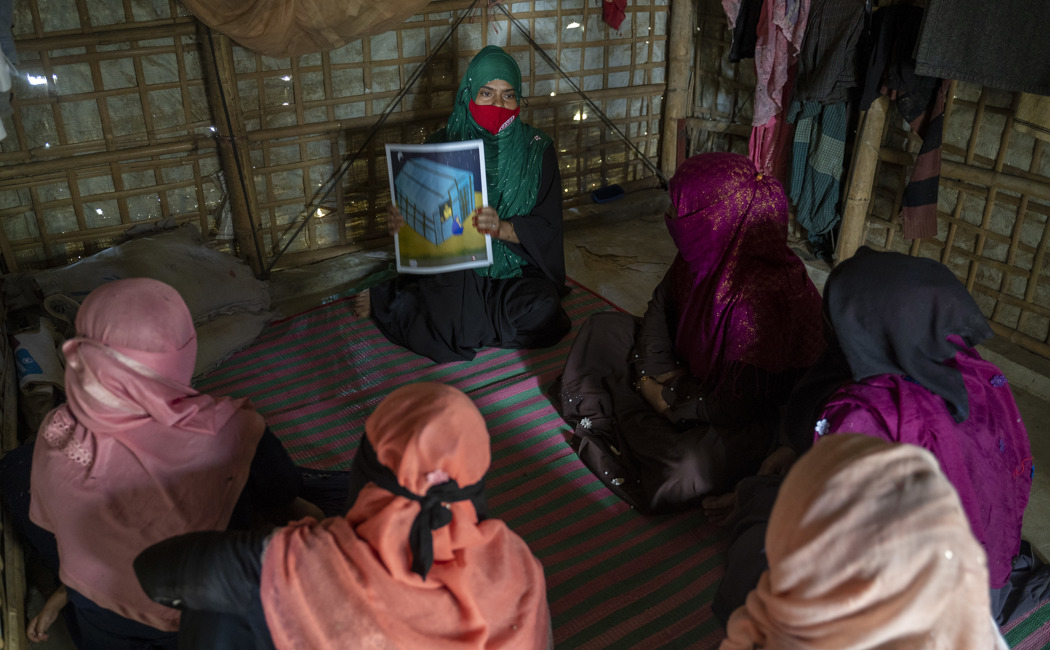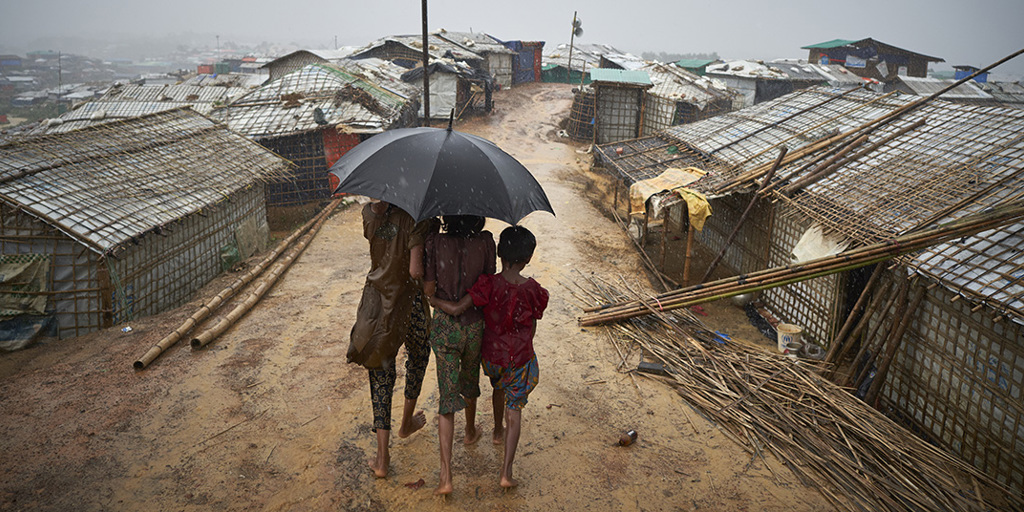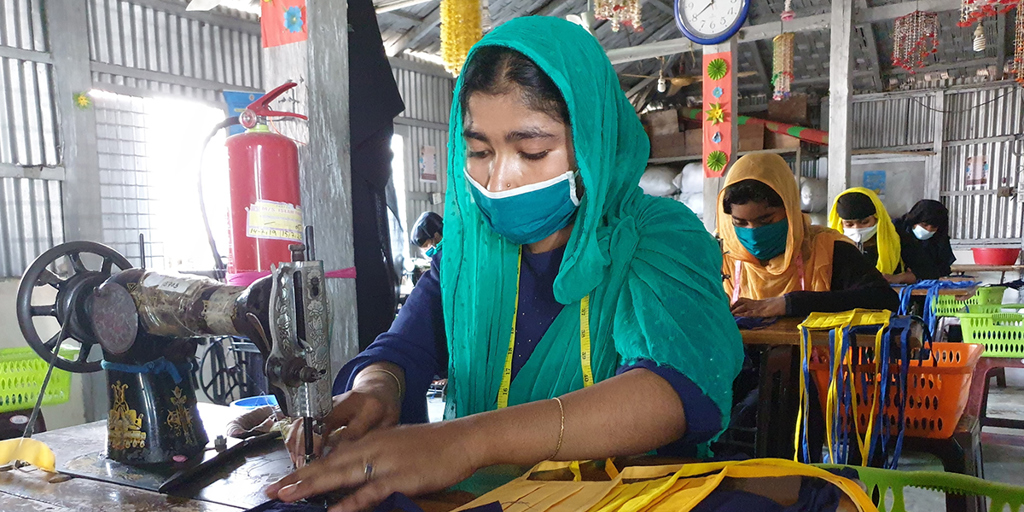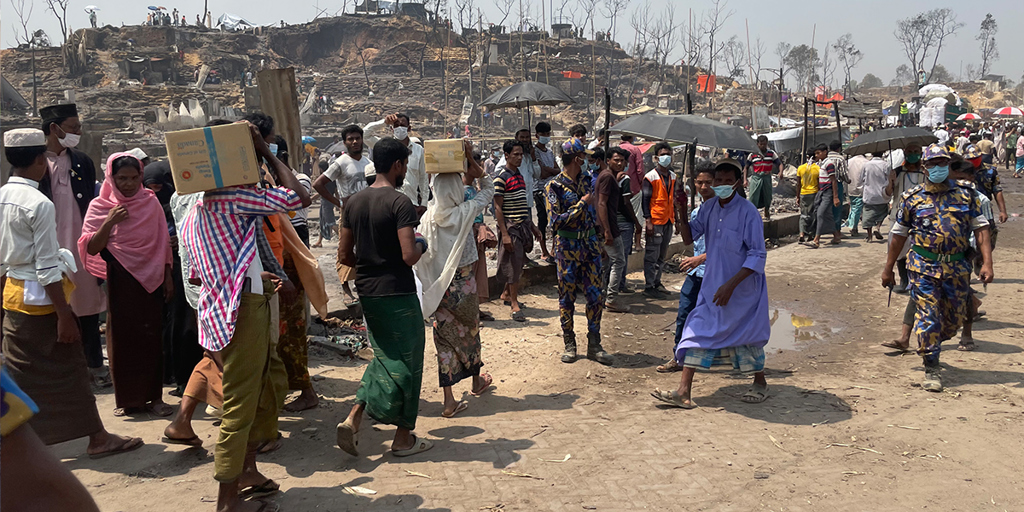Last month, UNHCR issued a call for the international community to step up its financial support for Bangladesh in particular.
“This is a real, immediate emergency call with people’s lives and livelihoods on the line,” says Dominique Hyde, Director of UNHCR’s Division for External Relations. “While donors have once again been generous, new wars – especially in Ukraine – and unresolved crises mean that funding is not keeping up with the needs of millions of the world’s most vulnerable people.”
As UNHCR notes in Underfunded, Ukrainians have received the kind of welcome that should be afforded to all refugees, with access to safety and protection, health and wellbeing programmes, and a surge in funding from public and private donors.
But the conflict has also exacerbated problems elsewhere. Skyrocketing inflation and food shortages globally mean that basic necessities—electricity, fuel, and food, to name a few—are more expensive to provide than ever, taking up a larger proportion of UNHCR budgets and limiting its ability to provide other necessary goods and services.
Private donors, both organisations and individuals, already play a vital role in supporting UNHCR’s life-saving work and they are set to become even more important in the years ahead.
In Bangladesh, the lack of funds has already forced the World Food Programme to cut food assistance to all Rohingya living in the camps. Almost half of all Rohingya families are not eating a sufficiently healthy diet and malnutrition is widespread. These ration cuts are likely to result in higher malnutrition rates, deteriorating health, school dropouts, increased incidents of child marriage, child labour and gender-based violence.
In the last five years, UNHCR has established 47 service points for gender-based violence survivors living in Cox’s Bazar, offering case management, psychosocial support and referrals. There are over 1,000 community volunteers working on gender-based violence prevention and response. Women and girls’ safe spaces offer a confidential haven, while community engagement centres allow men to decompress and learn about the issues.
For Beauty, the SASA program has changed her husband and it’s made her life much easier. She’s adamant these initiatives should continue “for the future wellbeing of the community.”
















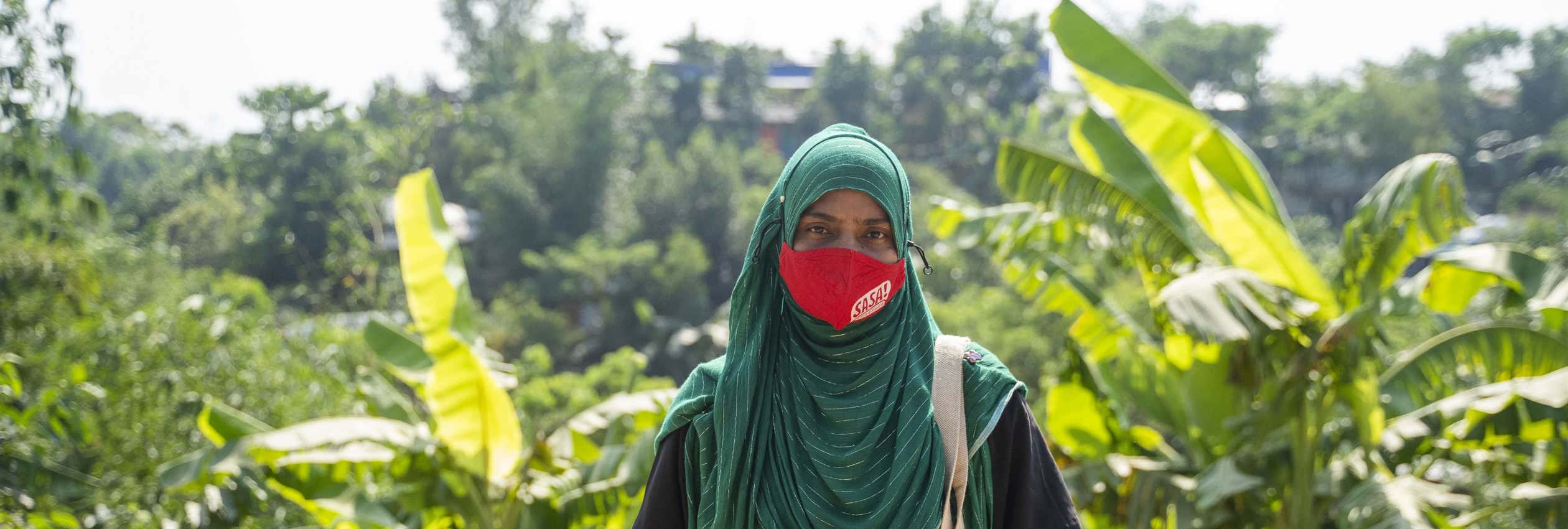
 Bangladesh
Bangladesh
